In B.C.E Sennacherib, the king of Assyria, invaded Judah and brought to an end the revolt against Assyria led by Hezekiah, the king of Judah. Sennacherib turned first to Lachish, conquered and destroyed it, and from there he sent an expeditionary force to Jerusalem. Jerusalem was not attacked, and Hezekiah surrendered and became an […]
Biblical Figures and Events
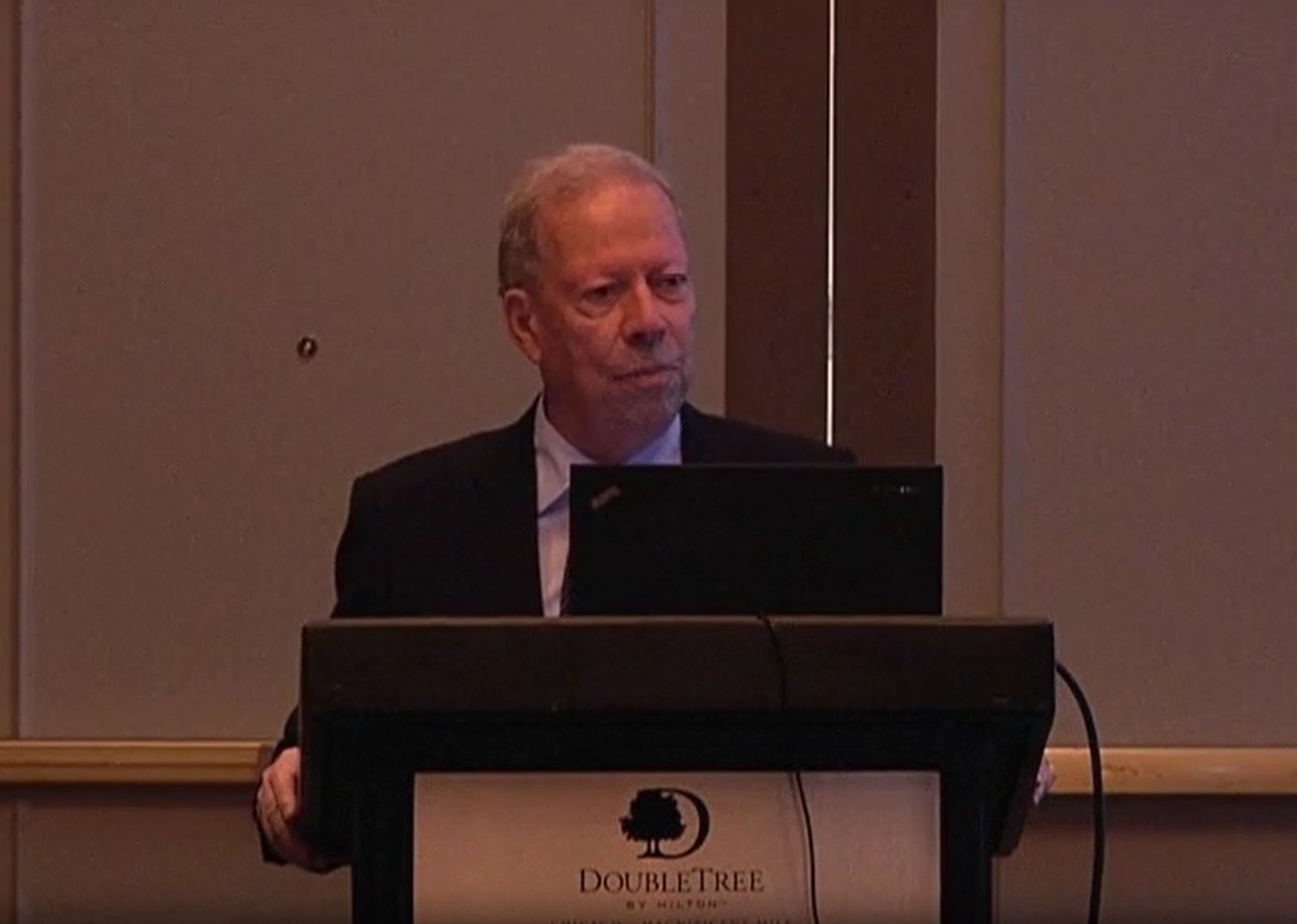
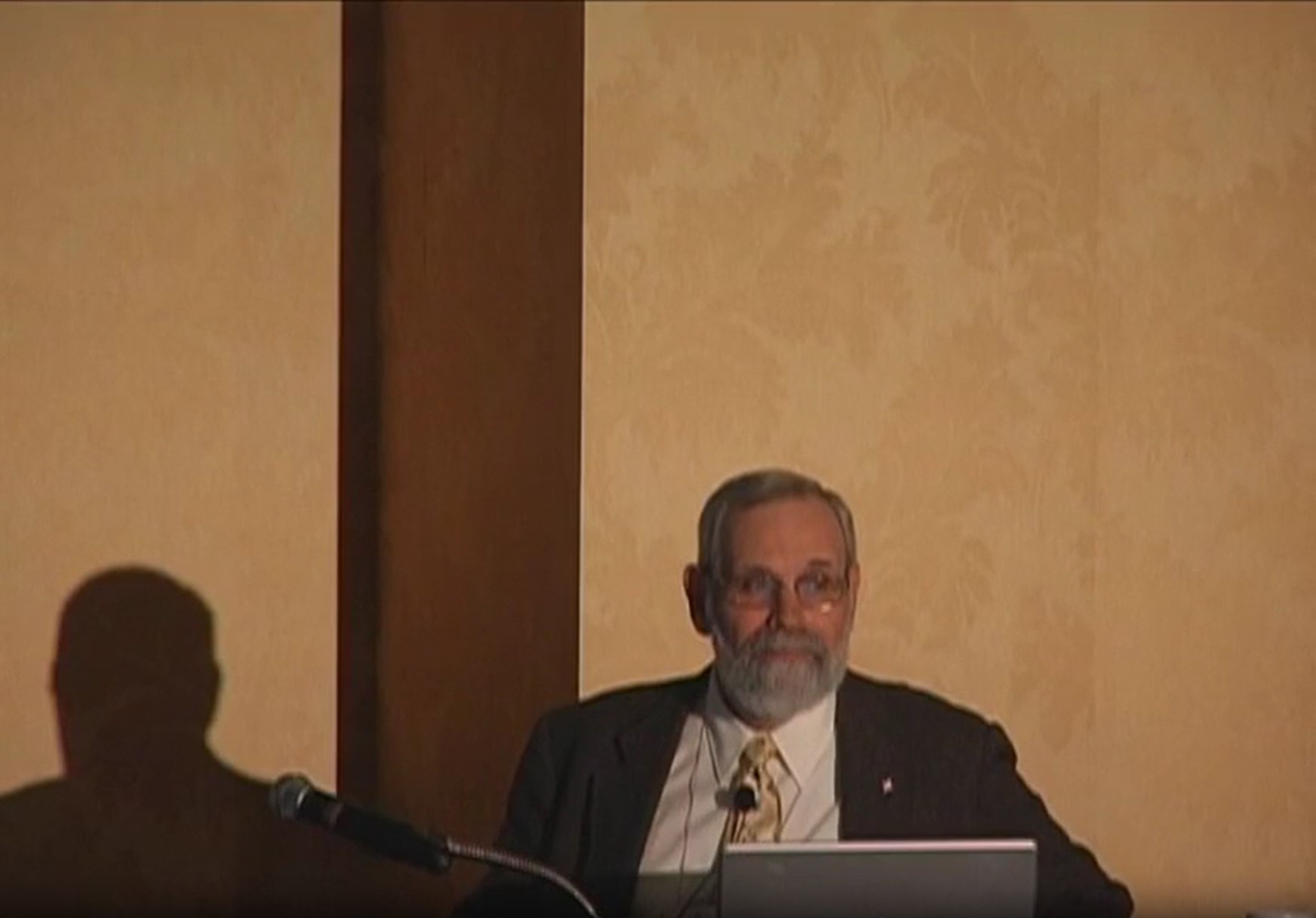
The story of David and Goliath is surely one of the best-known dramatic narratives in the Bible. Biblical scholars and archaeologists have been investigating the duel from the perspective of archaeology, especially concentrating on the weaponry involved. One aspect of the story that has not been sufficiently studied and clarified is found in 1 Samuel […]
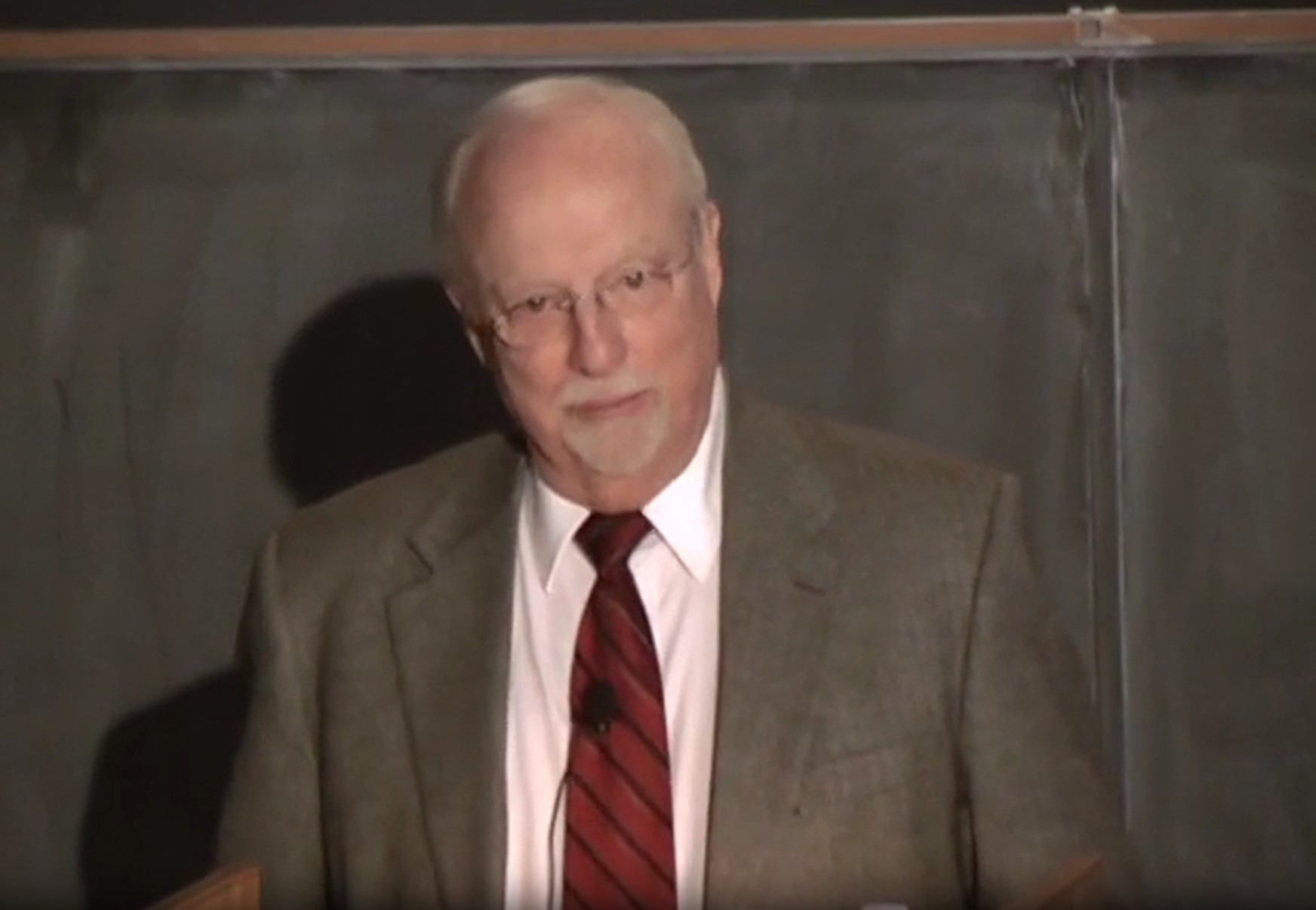
Dever next starts at the very beginning of Israelite history—a very good place to start—with “Patriarchs and Matriarchs” including Abraham and Sarah, Jacob and Joseph. Although the Biblical minimalists have largely discounted these stories as pure fiction, Professor Dever demonstrates how archaeology can help us understand these Biblical figures in their historical contexts to locate […]

“The Assyrian and Babylonian Destructions” marks the end of the kingdoms of Israel and Judah. But Professor Dever argues that this was just the beginning. Although this was a time of brutal devastation, it also gave rise to the great prophets, a commitment to monotheism and the writing of the Bible. For the Judahites, who […]
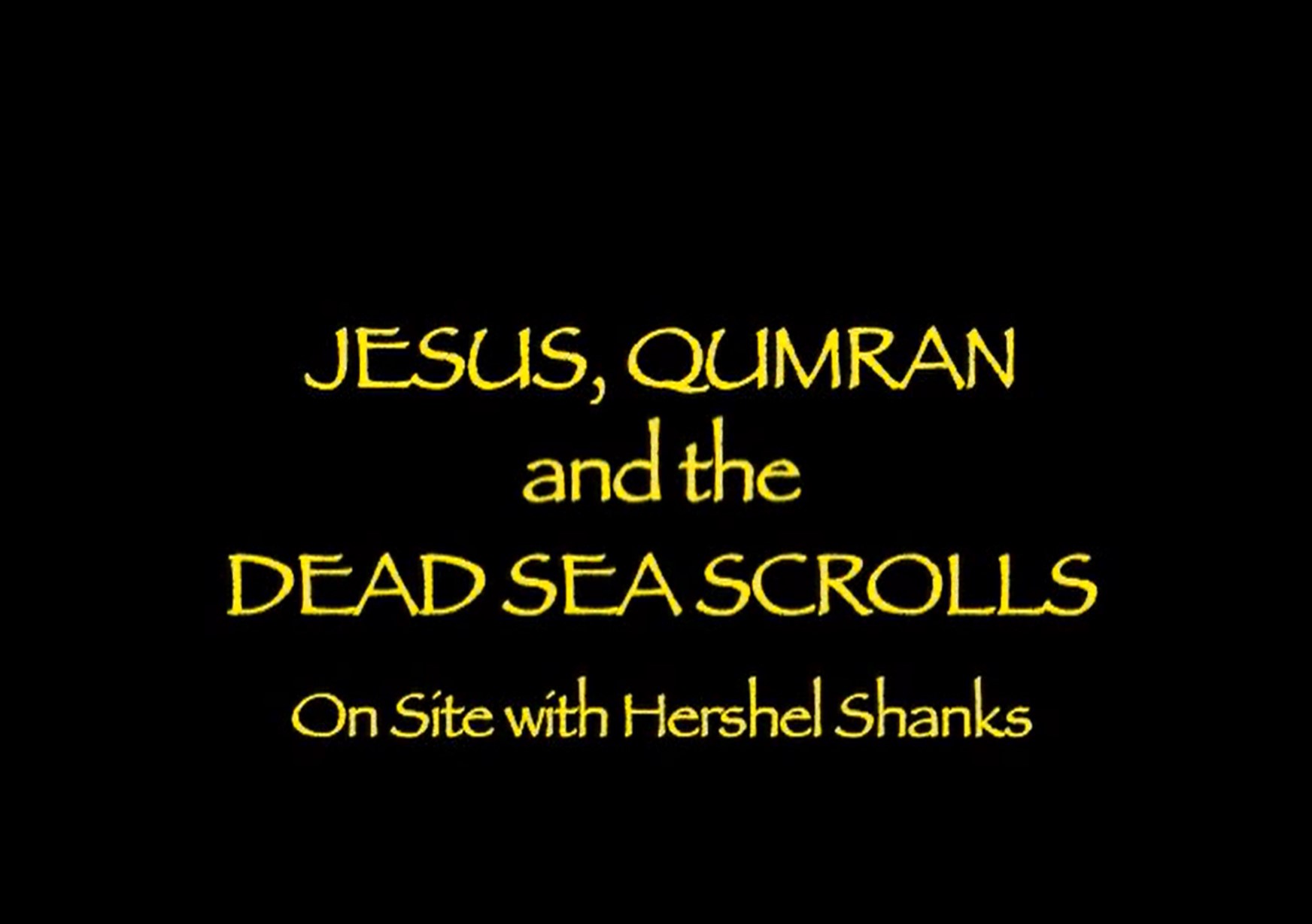
The Dead Sea Scrolls may be the most important Biblical discovery of the last hundred years. These documents, probably written by the Essene Jews, have startling similarities to many ideas of the New Testament. Come with Hershel Shanks and the Biblical Archaeology Society to explore the site where the famous Dead Sea Scrolls were discovered, […]
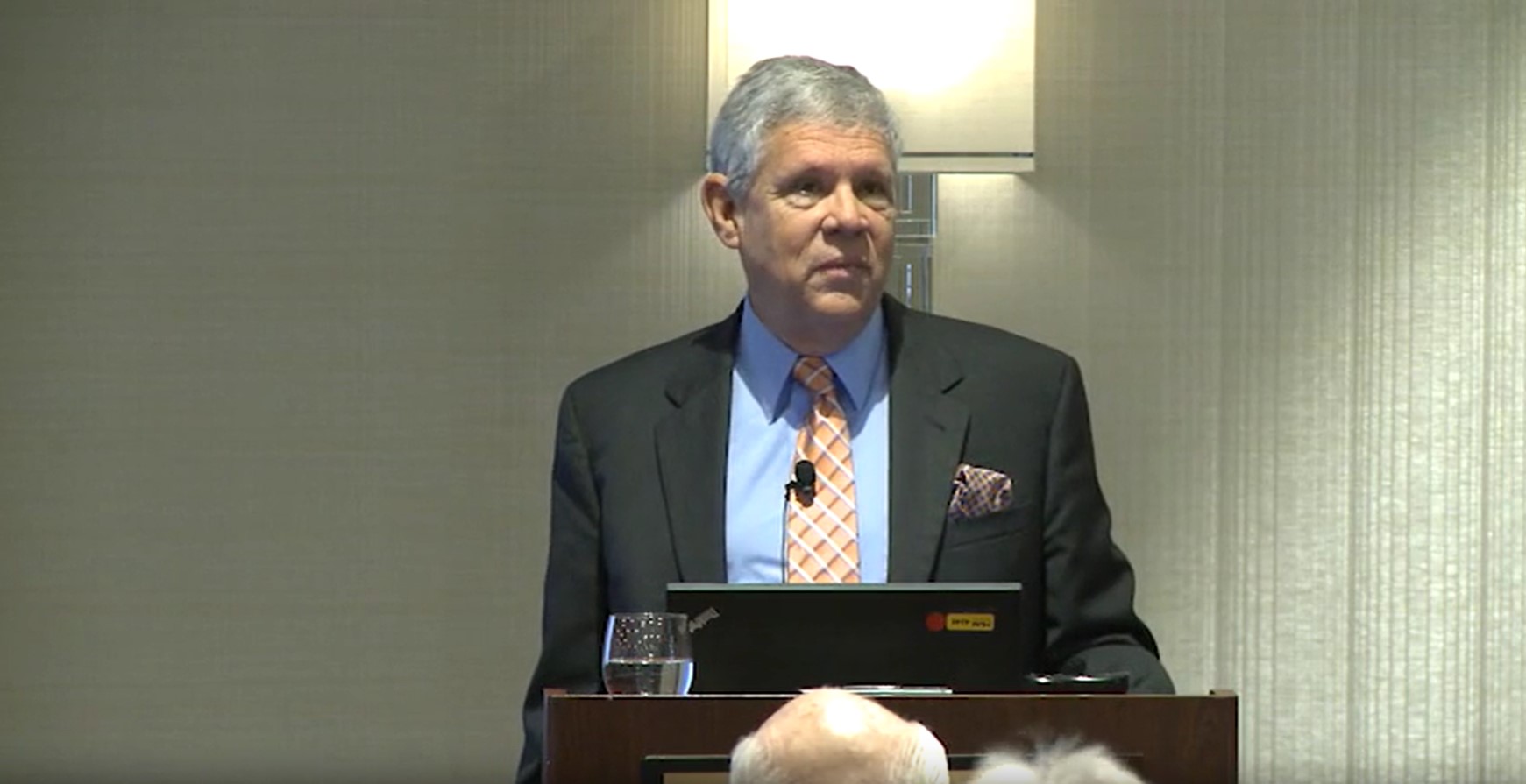
It has been said that the past is like a foreign country, that “they do things differently there.” This includes the way they viewed human personality. Using social identity theory, we will explore the fact that ancient persons like Paul or Peter or James, while certainly individuals, were not individualists in the modern sense at […]
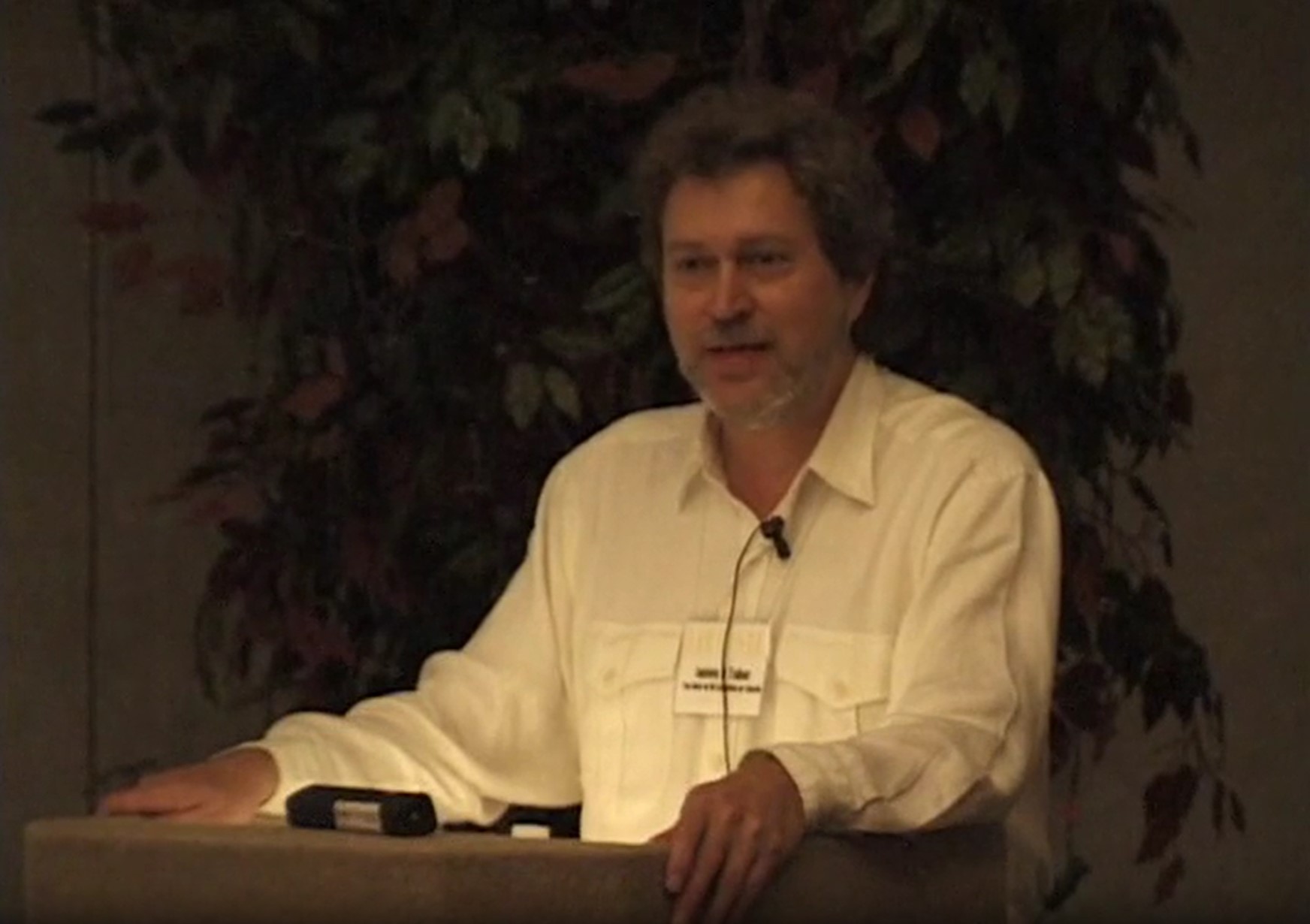
James Tabor combines clues from the Gospel of John, the story of Elijah, the Dead Sea Scrolls and other historical writings that point to the location of a Jesus hideout east of Jordan, near Calim. He demonstrates how the combination of archaeology, historical documents such as the Dead Sea Scrolls, and the bible texts produces […]
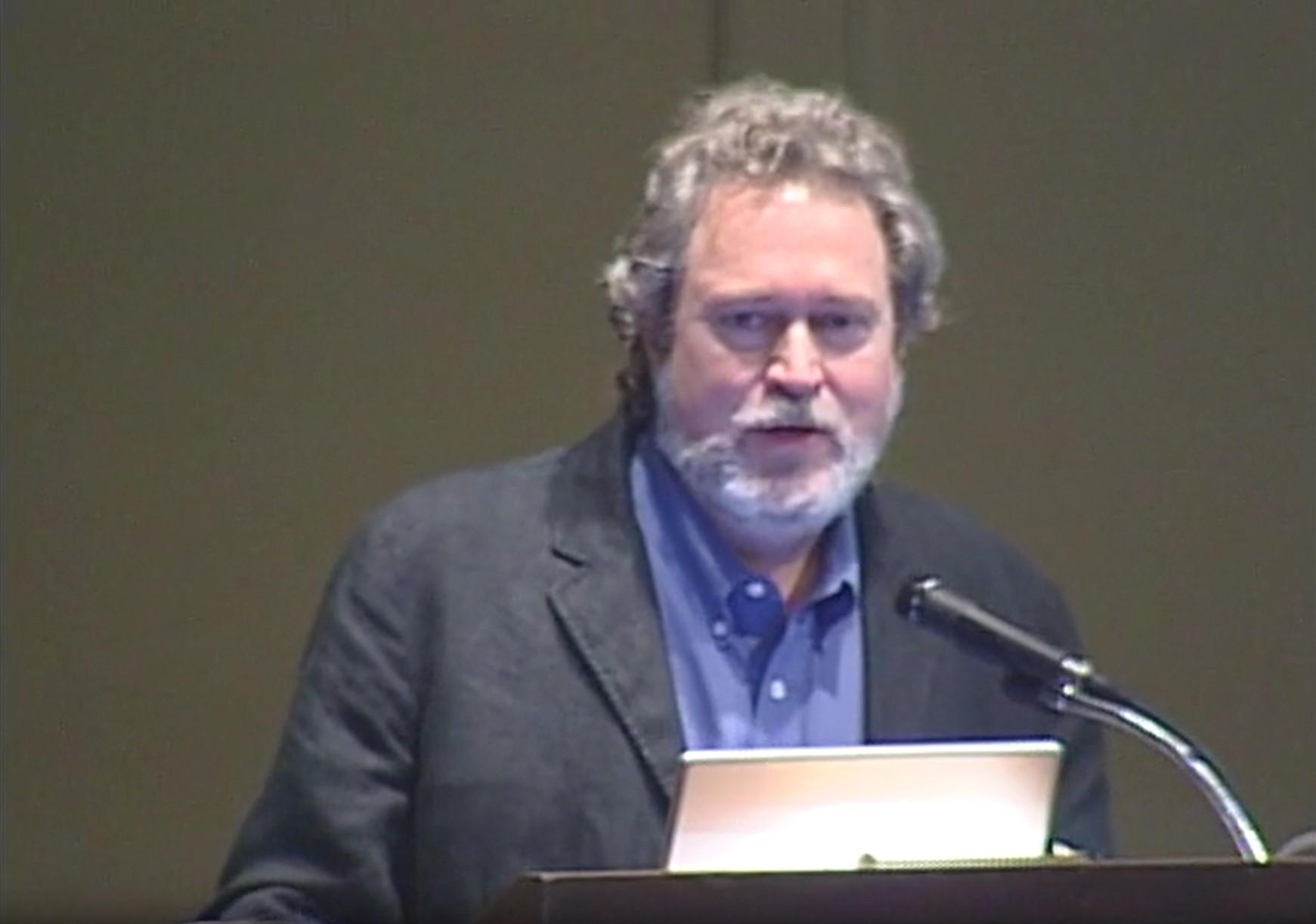
Did this cave west of Jerusalem serve as a site for baptisms and other rituals performed by John and his followers? The co-excavator lays out the evidence for why he thinks they did, including an ancient portrait on the cave wall that may depict John the Baptist himself. This was part of the Just Dug […]
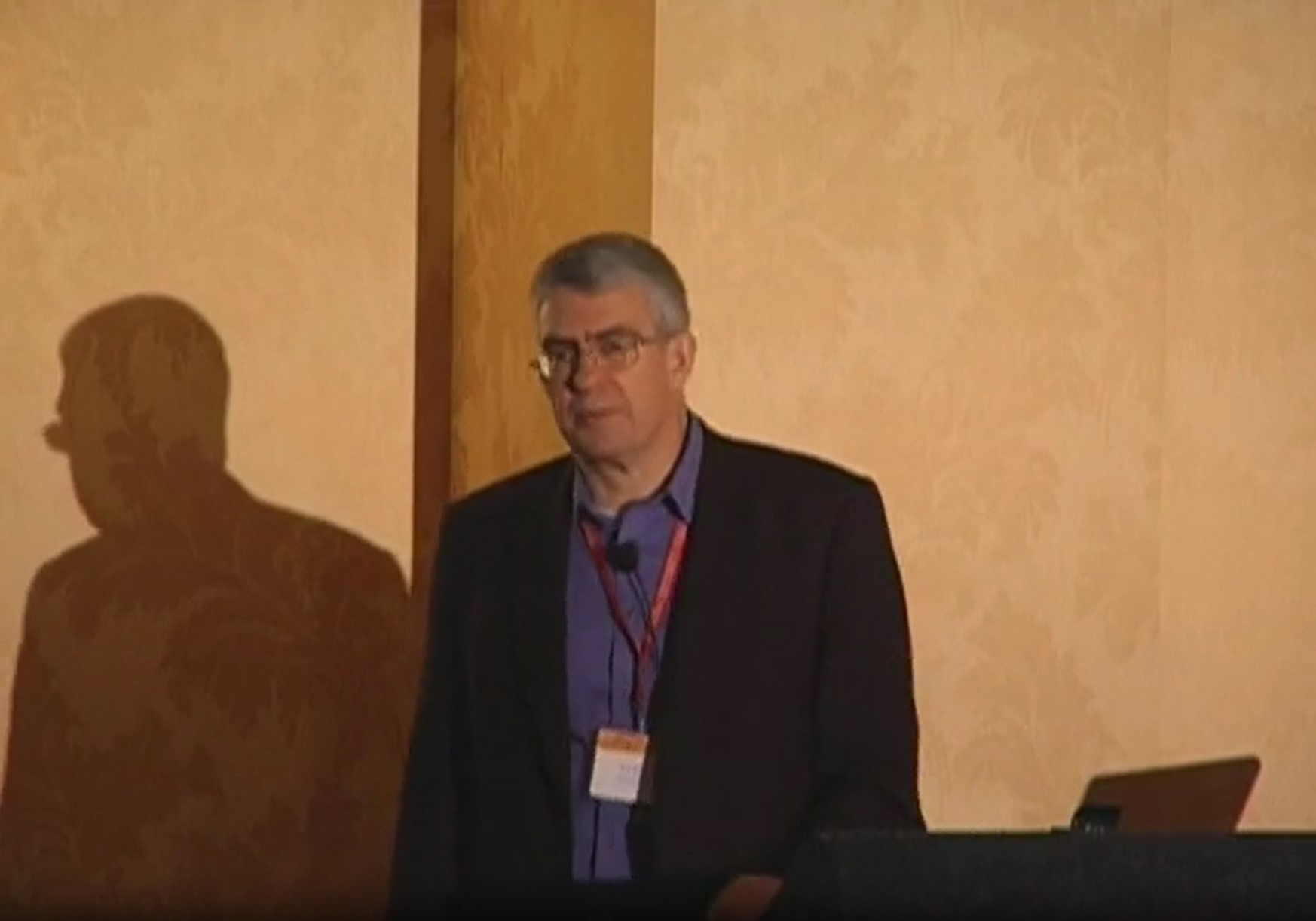
Manuscript and archaeological discoveries have shed light on Jesus and the exorcists of his time, including what people feared and what they hoped the exorcist could accomplish. This presentation will review these fascinating and illuminating materials, as well as a very intriguing discovery that could suggest that Jesus’ fame as an exorcist was early and […]
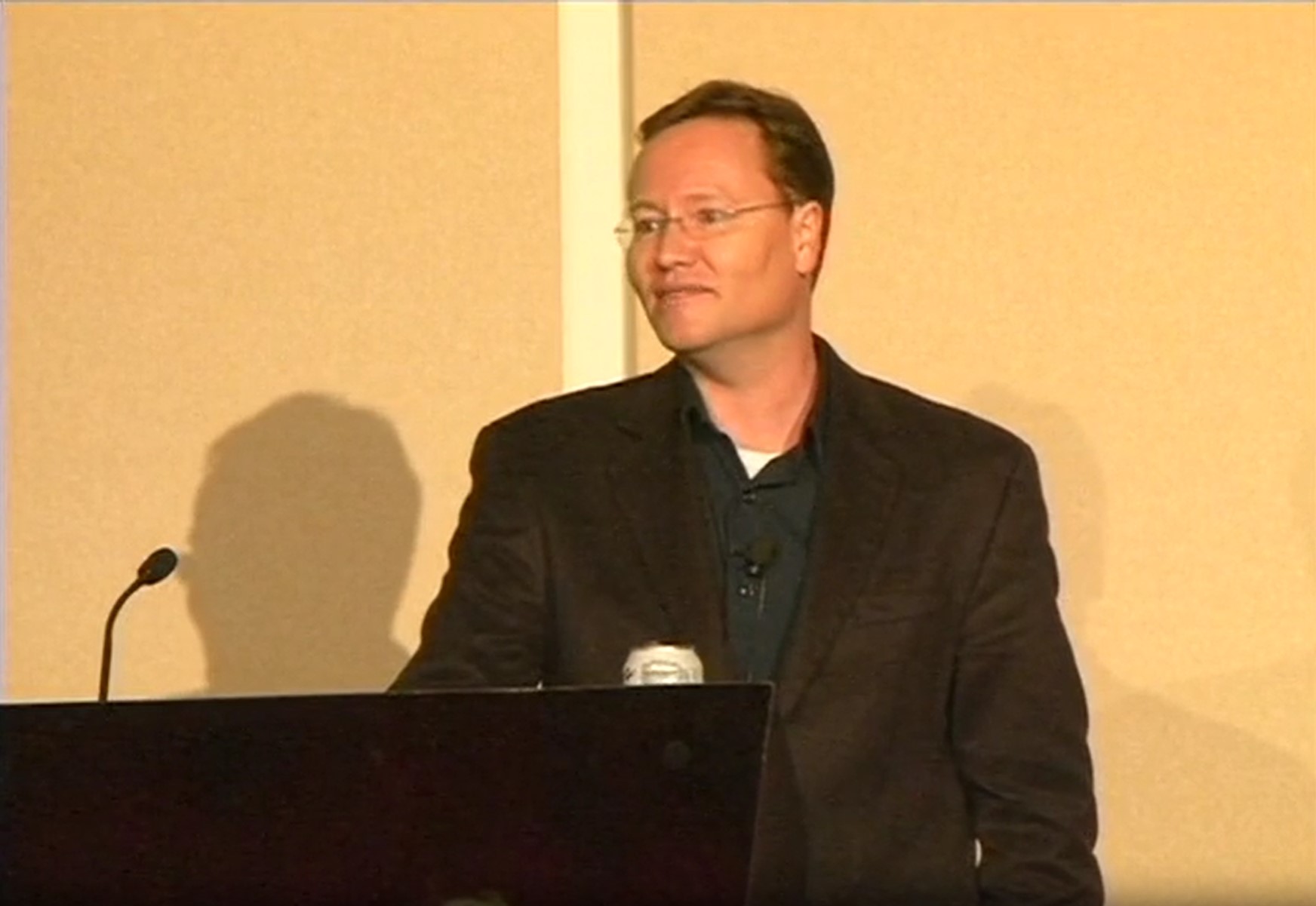
The Gospel of Peter is a non-canonical Gospel that was lost to the world until the late 19th-century, when a portion of it was found buried with a monk. This portion, which consists only of the Passion Narrative, is an enigma. It resembles the Passion narratives in the canonical Gospels and overlaps with them at […]

Questions and controversy continue to swirl around the discovery of Philip’s tomb in Hierapolis, Turkey. Was this Philip the evangelist or Philip the apostle? Why didn’t the magnificent martyrium built for Philip in the fifth century and excavated in recent years contain his tomb? And what evidence led project director Francesco D’Andria and his Italian […]

This presentation examines the origins of the biblical flood story, the character of Noah, and the legends of the Nephilim and giants passed down through Jewish literary tradition. The presentation compares these to Darren Aronofsky’s 2014 film Noah, highlighting points of congruence and departure in the film adaptation. This was part of The Genesis of […]

The Exodus is a focus of cultural memory in the Hebrew Bible—it recalls how Israel came into being as a people and nation. This presentation argues that this is the function of the Exodus story from the beginning. As the historical and archaeological evidence indicate, the story does not refer to actual events. Rather it […]
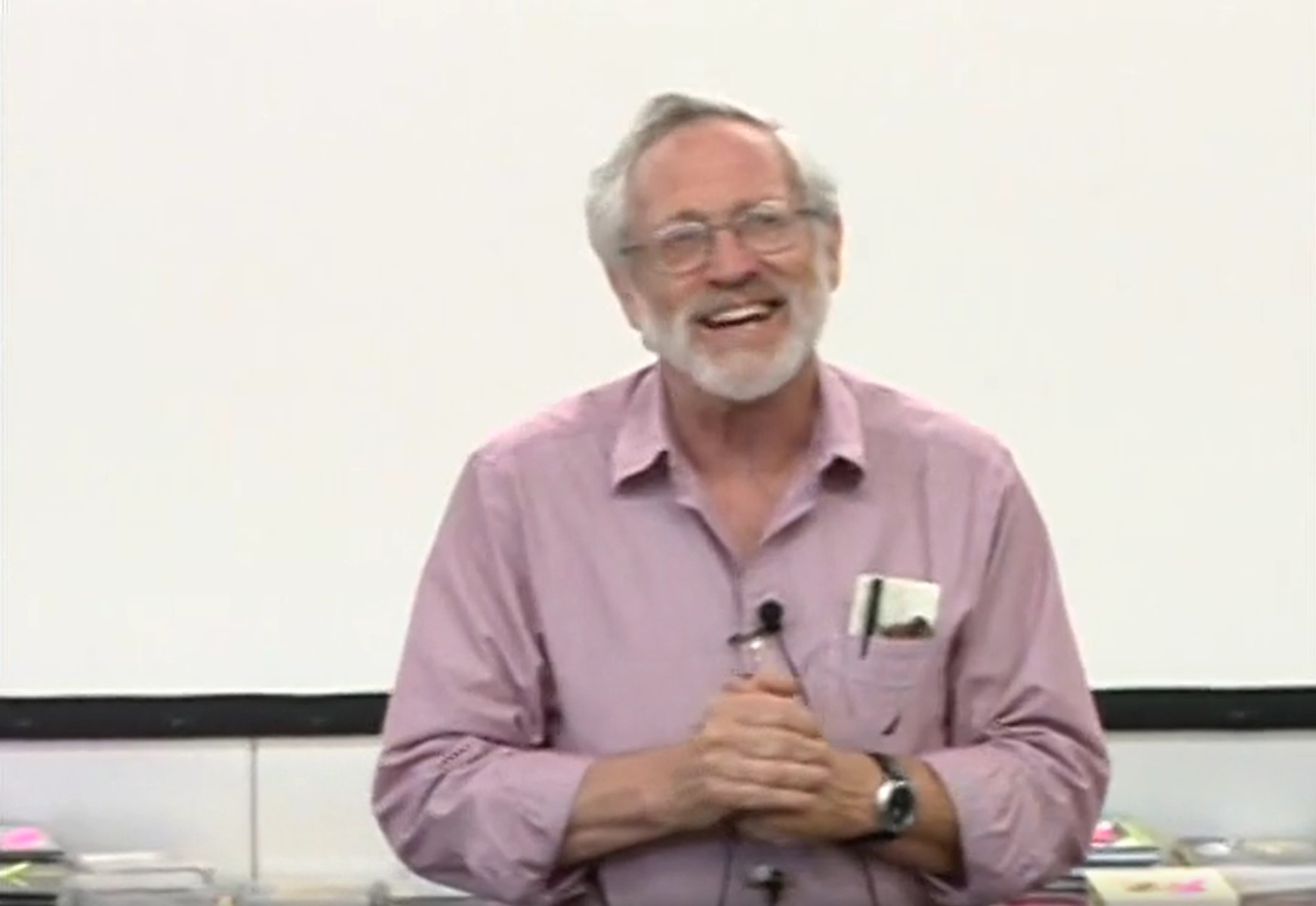
This introductory session will consider stories that take place at “set scenes.” In this case we’ll examine stories that are set against the backdrop of a well, such as Abraham’s servant and Rebekah (Genesis 24), Jacob and Rachel (Genesis 29), Moses and Jethro’s daughters (Exodus 2), and Saul and the maidens of Zuph (1 Samuel […]
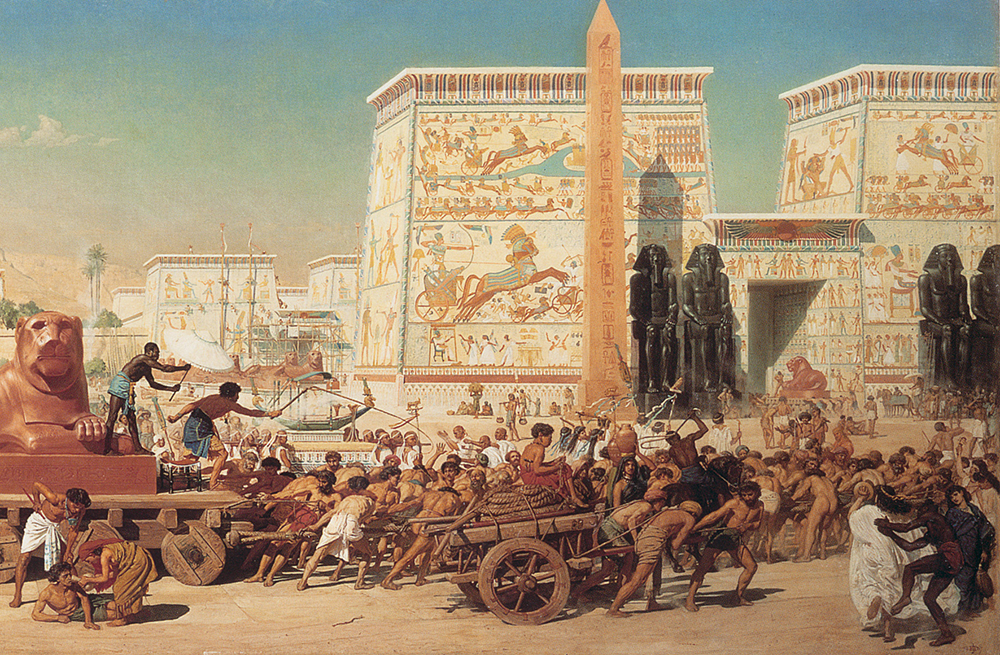
This lecture will examine the Exodus narrative (Exod 1–2, 13–14) as a historical report and examine to what extent historical and archaeological data support its historicity. We will explore offhanded references in the text may seem irrelevant to the narrative but that can be of major importance to its interpretation.
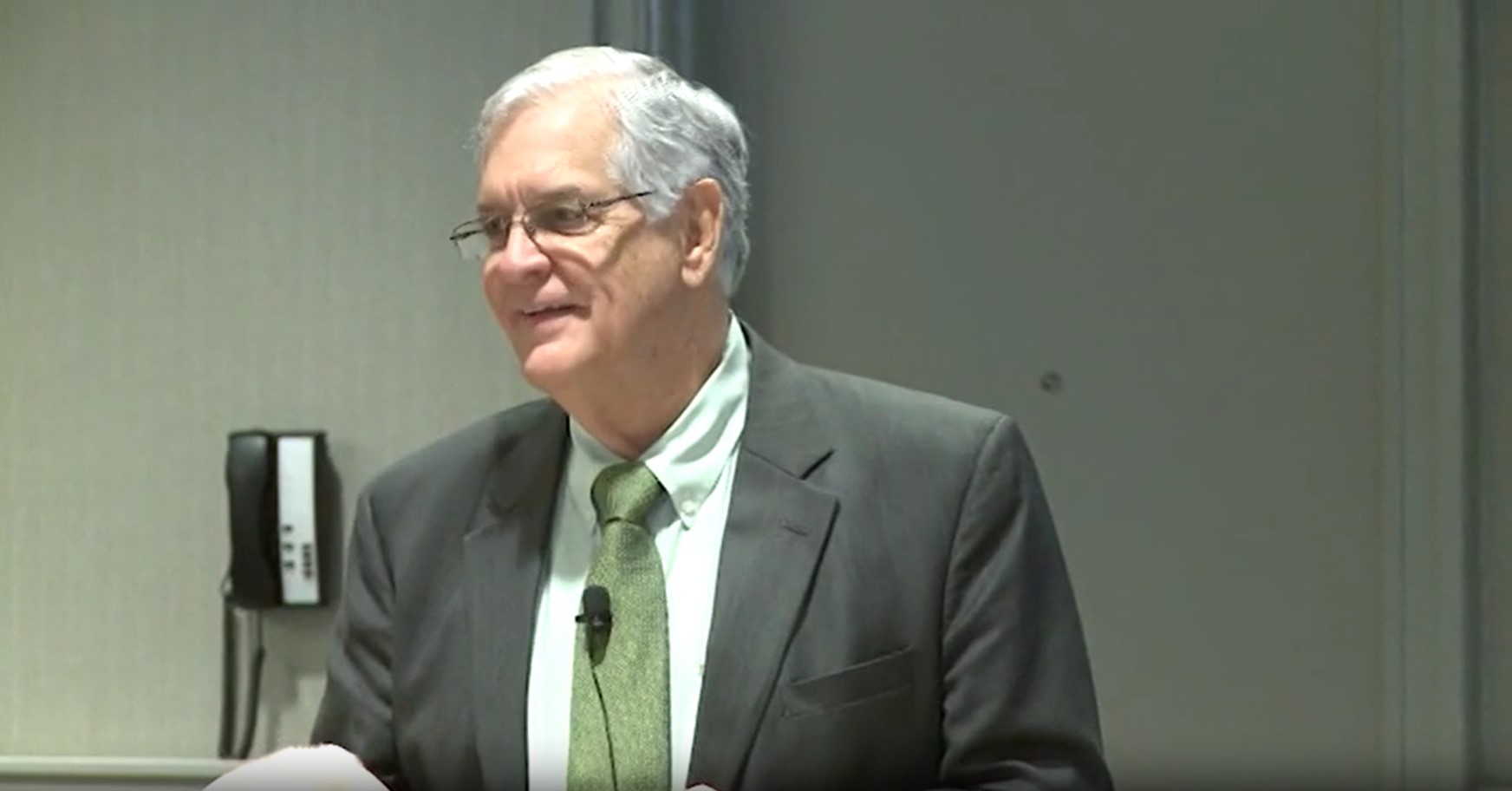
Where did Jesus meet Mary Magdalene? Archaeological explorations allow us to ask fresh questions. Now, excavations in Lower Galilee have revealed villages that were central to Jesus’ ministry: most notably Capernaum, Migdal, and Bethsaida. For the first time since 67 CE, we can enter a synagogue in which Jesus would have taught, as he was […]
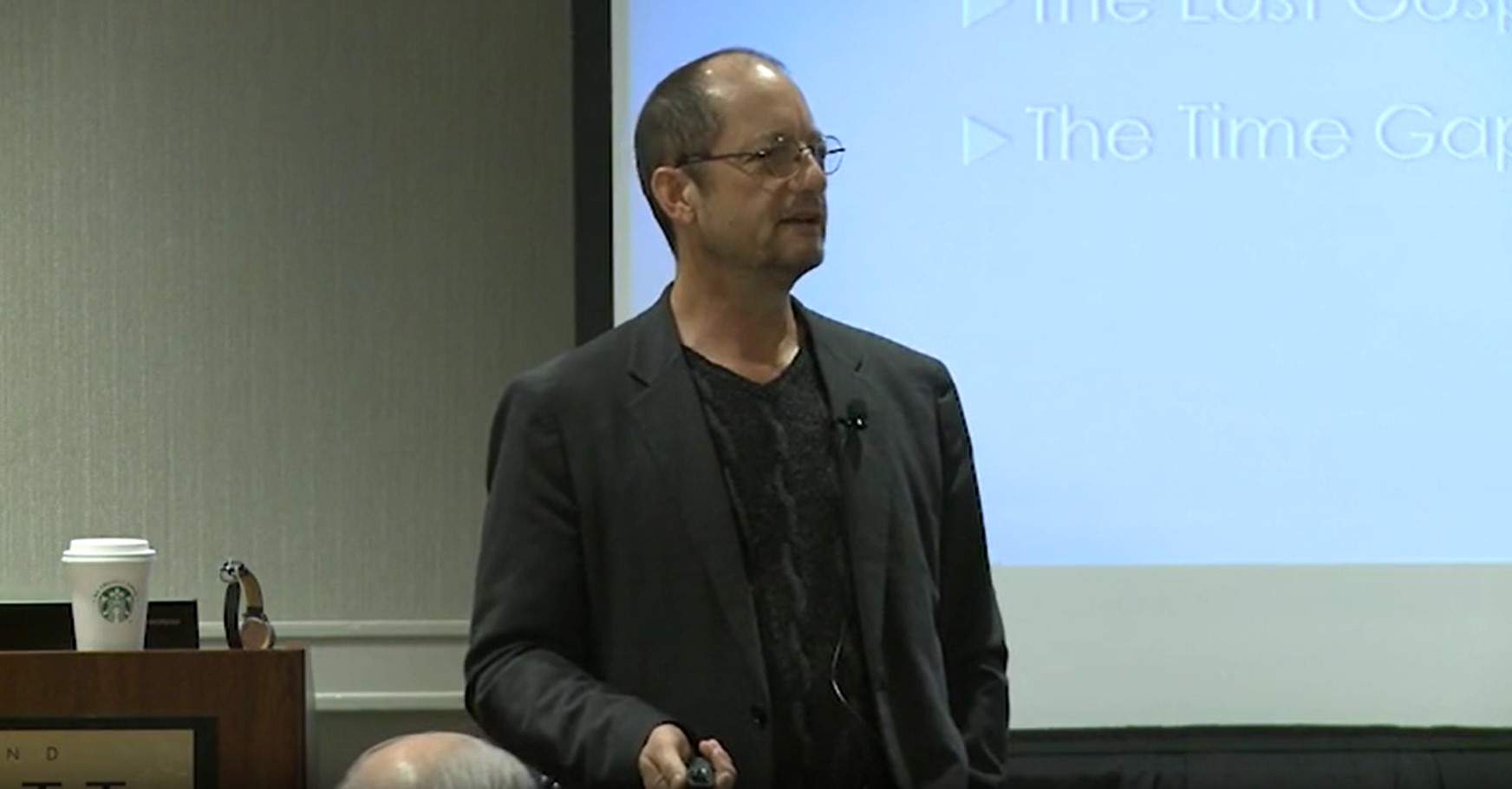
Scholars of memory – from such fields as psychology, sociology, and anthropology – have long known that we not only forget things (all the time), we also misremember them or even invent them in our heads. How does that apply to the memories of Jesus among his early followers before the Gospels were written? Did […]

In order to evangelize Asia Minor, Paul realized that the work was much larger than what he could accomplish on his own. Thus, Paul began training others to carry on the ministry. Much of the idle time spent traveling the roads from city to city was devoted to training his companions. Later after Paul arrived […]

In the excavations at Metropolis north of Ephesus, Turkish archaeologists uncovered two altars dedicated to Caesar that attribute a rare epithet to him. Paul uses the same word about Jesus in Roman 3:25. We will explore whether this is a new Pauline example of anti-imperial rhetoric. Acts 20:15 records that Paul on his return to […]
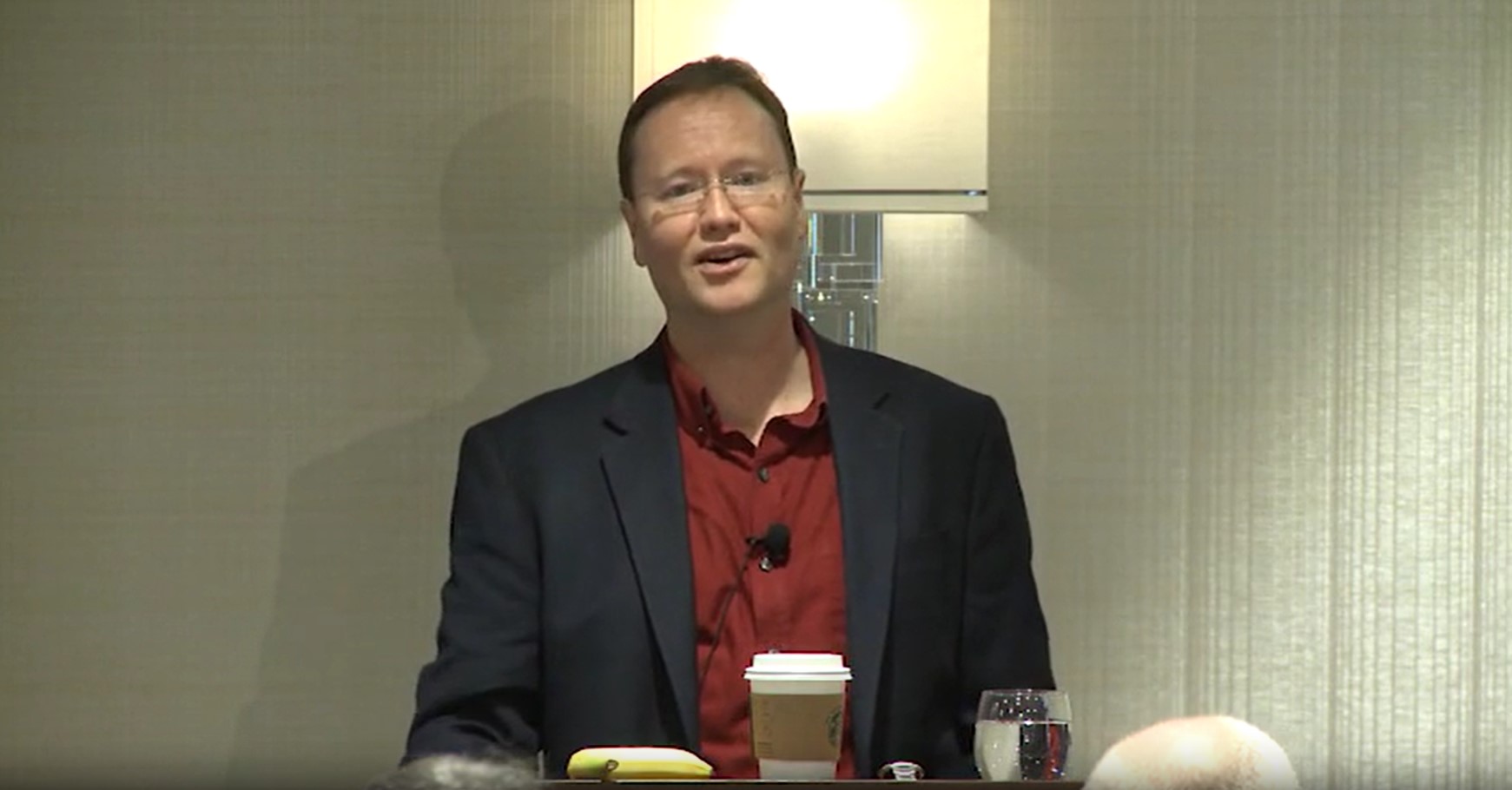
The Gospel of John features a mysterious “disciple whom Jesus loved.” He appears explicitly only in the second half of the Gospel, where he witnesses Jesus’ last supper, his crucifixion and his resurrection. Traditionally, he has been identified with John, son of Zebedee, and identified as the author of the Gospel, but the character is […]
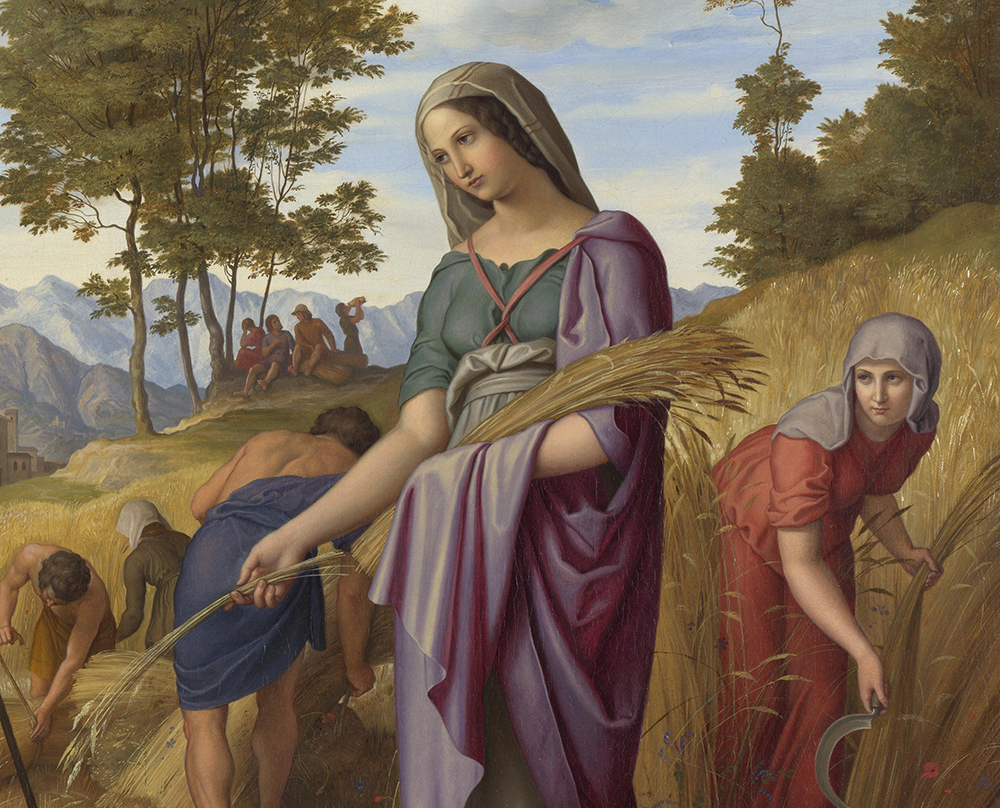
Why does Israel’s greatest king and future messiah have a foreign ancestress? Does the Book of Ruth have anything to do with the question of foreign wives in the period of Ezra and Nehemiah, or is the text really from the time of the Judges? How does the literary structure of the Book of Ruth […]

Alexandria was the cultural, educational, and scientific center of the Roman Empire in the first century C.E. It became home to various ethnic and religious groups, and by the first century some believers in Jesus were arriving from Jerusalem. Little is known of the origins of Alexandrian Christianity. The earliest Christian historian – the author […]
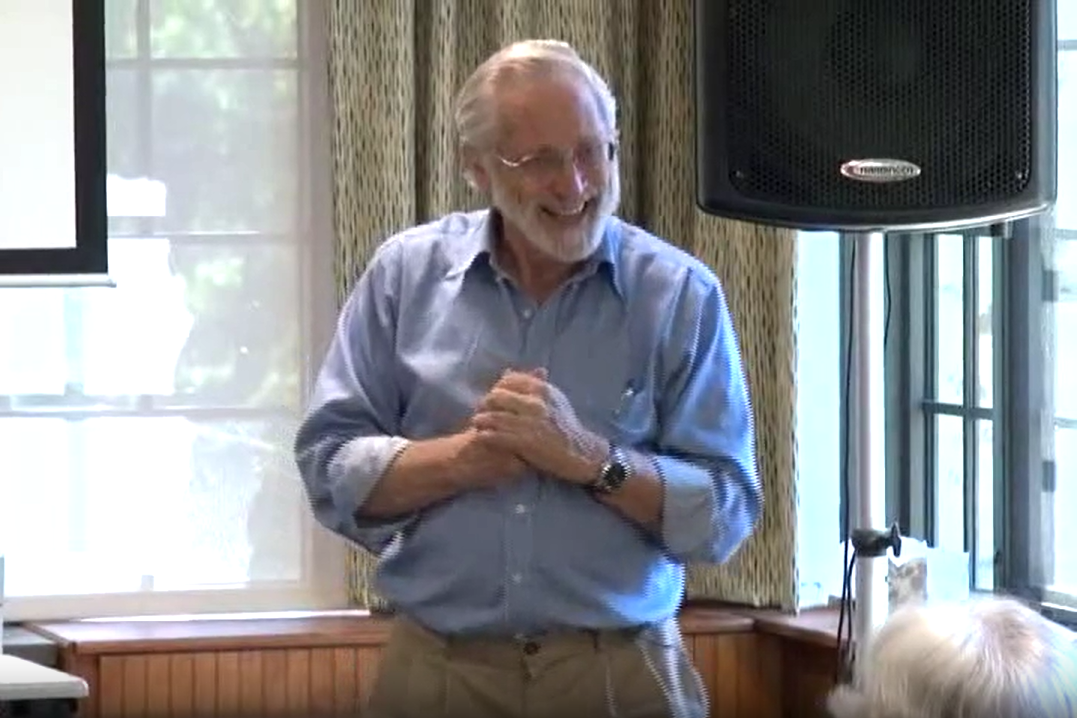
The story of Ruth (Ruth 1–4) is often interpreted as being about loyalty, kindness and grace. Several questions are left unexplained including why nobody offered to help Ruth or Naomi, why they did not return to the farmstead that they obviously owned, and why the land became a point of contention in the final chapter […]

Both within the New Testament and in later Christian gospels, writings that describe the death of Jesus increasingly declare Pilate innocent of the whole proceeding. The logic of this exoneration gives rise to an obvious question: If Pilate is not guilty for condemning an innocent Jesus to death, then who is? The early Christian answer? […]
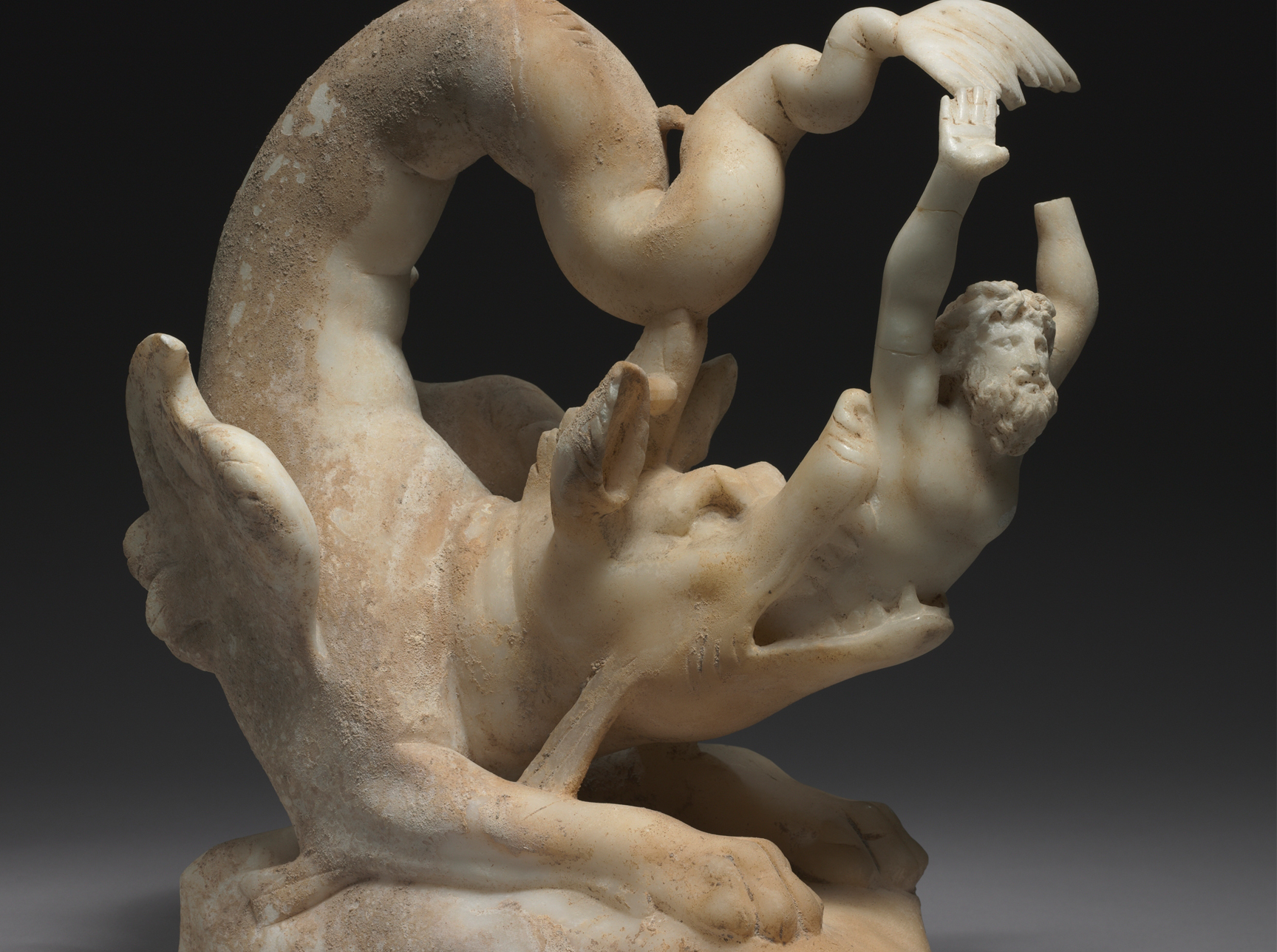
Jonah is a book that defies categorization. Scholars have debated its genre and purpose for centuries. Trible explores the various interpretive options and the way in which the three Abrahamic religions have adopted and utilized the text of Jonah.
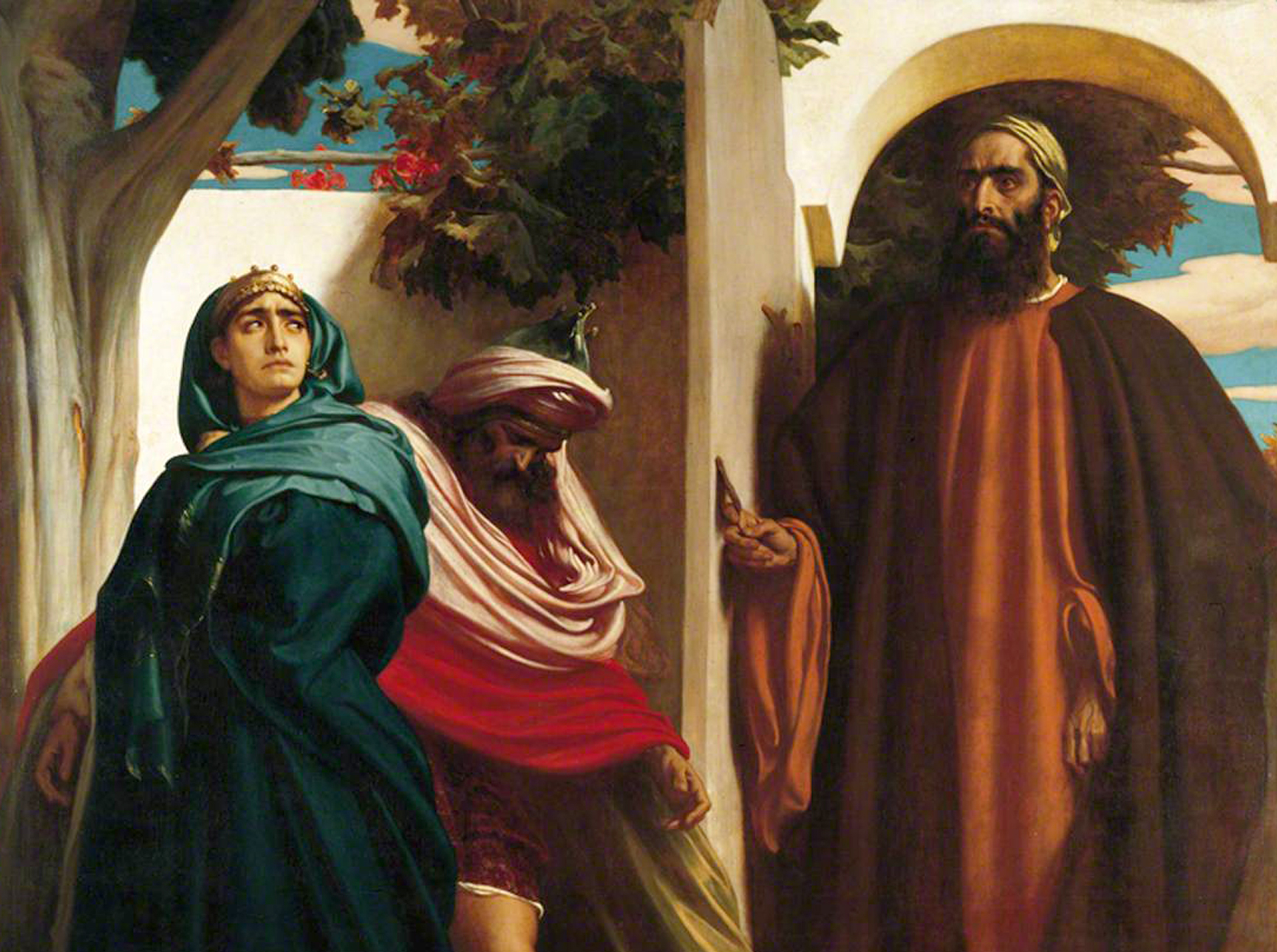
Good versus evil, man versus woman, Elijah versus Jezebel. These two characters are juxtaposed in the text of 1 Kings, and this frames the way in which the reader understands the story. Elijah and Jezebel imitate and emulate each other despite being a mirror reflection. Polarity produces similarity, and Trible lays out the contrasts with […]

Miriam fulfills many roles in the few verses of the Bible that she occupies. She is often maligned in both the Biblical text and interpretation, but in contrast to this Trible highlights seven snippets that introduce readers to another depiction of Miriam as the deliverer of the nation.
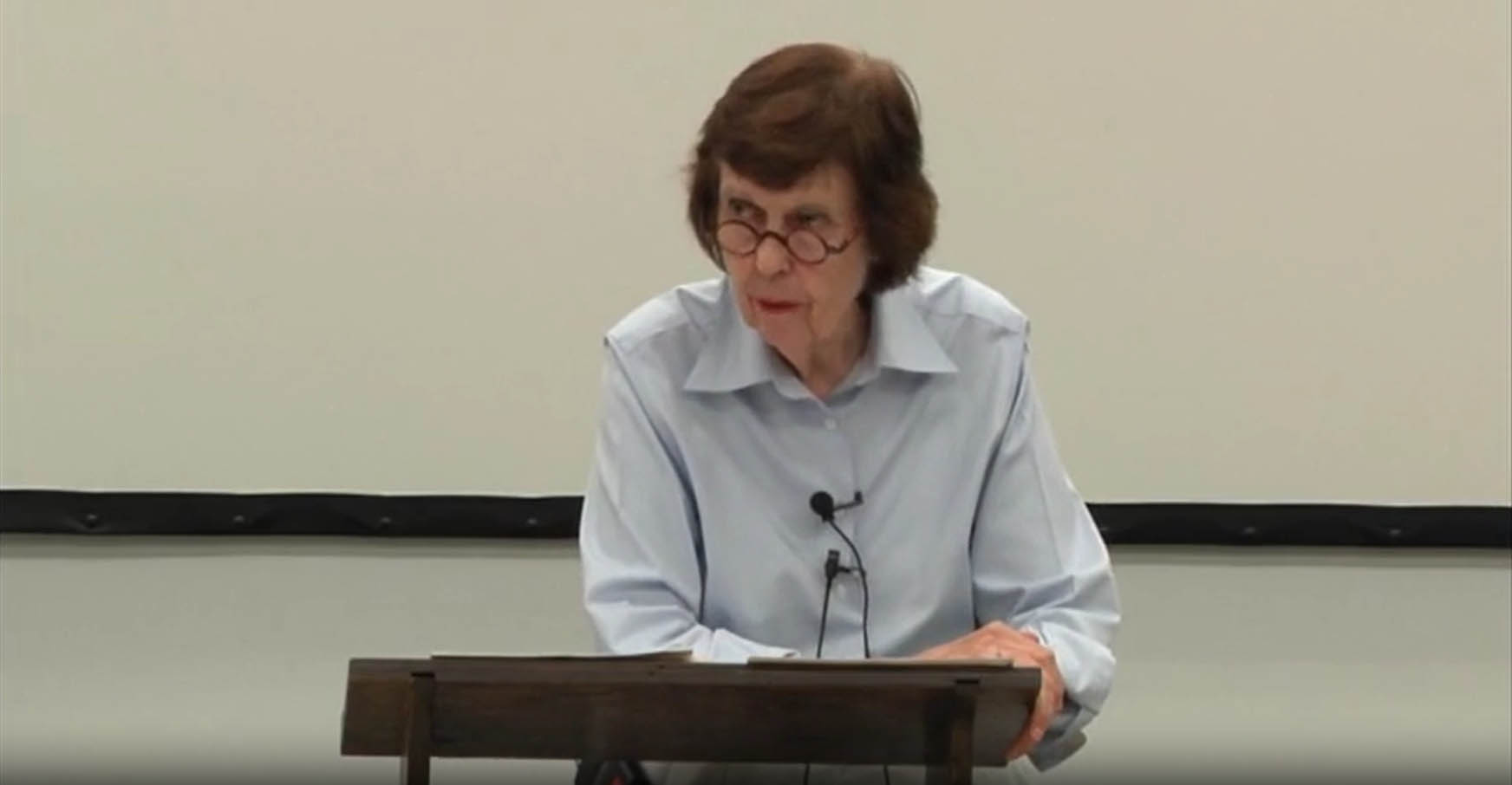
Jacob, the character who gives his name to the nation of Israel, is the focus of Genesis 32:22–32. Textual ambiguities abound around Jacob, and Trible examines them in depth in this lecture. This was part of the Chasing Canonical Characters DVD.

Guided by Trible, explore the details of the sacrifice of Isaac narratives through the lens of idolatry. Then follow the tensions throughout the founding family narratives that explain some of the gender politics of these ancient texts. This was part of the Chasing Canonical Characters DVD.

Trible pulls no punches as she takes you deep into the texts of the first family. See the characters of Hagar, Sarah and Abraham as you never have before. By exploring the original Hebrew, new dimensions within these Biblical relationships emerge that enhance and correct popular interpretations. This was part of the Chasing Canonical Characters […]

&#;Passive, bland and belly-oriented” is how Trible describes the character of Adam. Follow along as she discusses Genesis 2–3 in three sections, critiquing the patriarchy within the text. This was part of the Chasing Canonical Characters DVD.

Using literary and feminist criticism, Trible throws away assumptions of what the Western world thinks of Eve and reinterprets her character, the creation of humankind and the development of human sexuality in a new way. This was part of the Chasing Canonical Characters DVD.
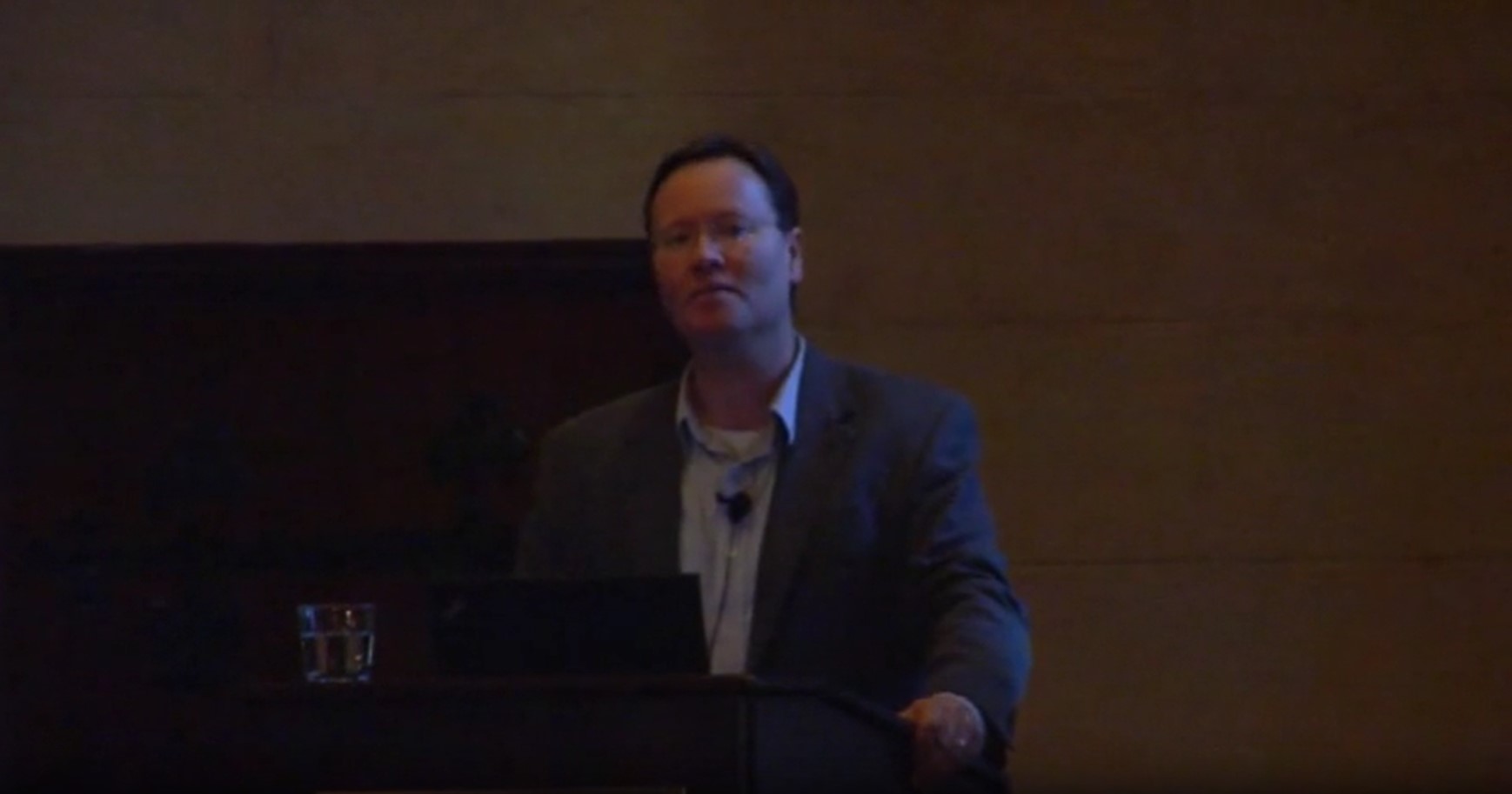
Follow Mark Goodacre as he explores the latest research on Mary Magdalene—including the validity of the Coptic papyrus fragment The Gospel of Jesus’ Wife—and the role she plays in the early Christian texts.
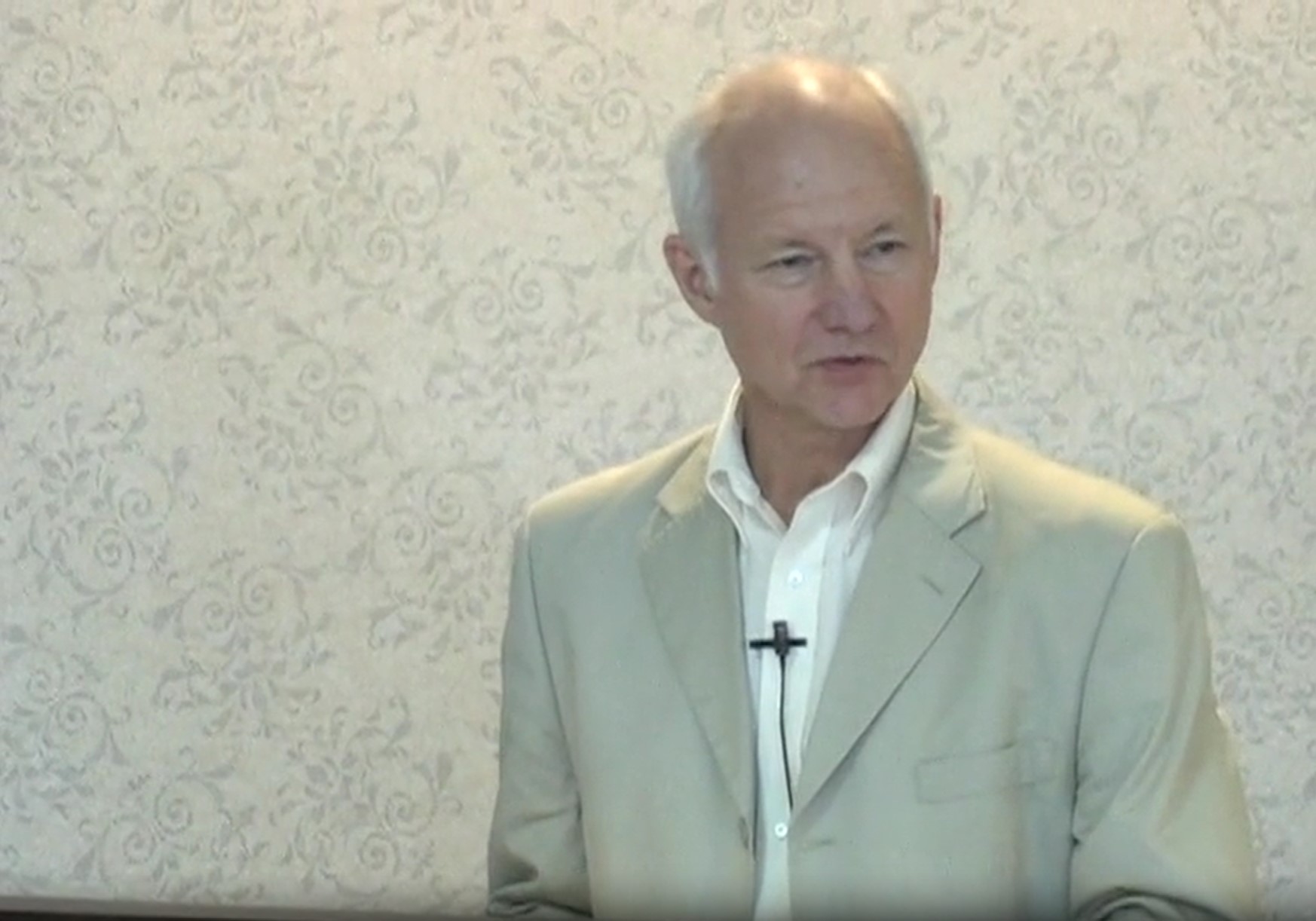
In “The Temple, Aramaic Epigraphy and the Historical Jesus,” Bruce Chilton of Bard College explains how these three separate fields of study can be combined to understand better the Jewish context of Jesus’ life and teaching. Chilton dismisses the notion that Jesus was simply pro-prophecy and anti-ritual, examining numerous analogies in Christian and Rabbinic literature. […]

The Binding of Isaac, or Akedah, is one of the most well-known and perplexing narratives in the Old Testament. This lecture will examine some of the most common questions concerning this story, such as “Why did Abraham go allow with God without question or comment?” and “Why did Isaac not fight Abraham but instead lay […]

Jesus was not the only person considered the Son of God in the ancient world. Other “divine men” were also said to have been born miraculously, to have healed the sick, fed the multitudes, cast out demons, and raised the dead, and who at the end of their lives were thought to have ascended to […]
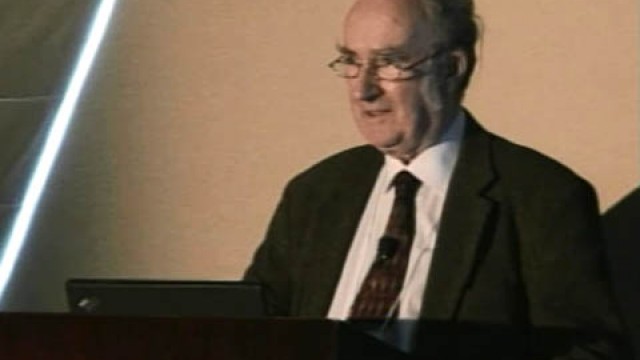
Many of the stories from ancient Near Eastern literature are often labeled “folk tales” and are presumed to have no basis in reality—the Biblical texts are no exception. Many stories in the Bible are seen as allegories or folk tales. But when we read these stories, should we just simply label them “folk tales,” or […]
